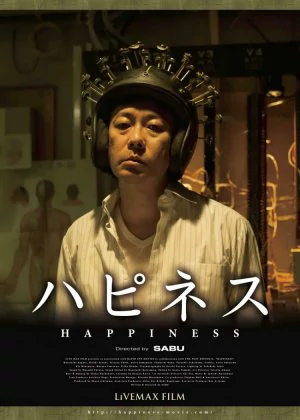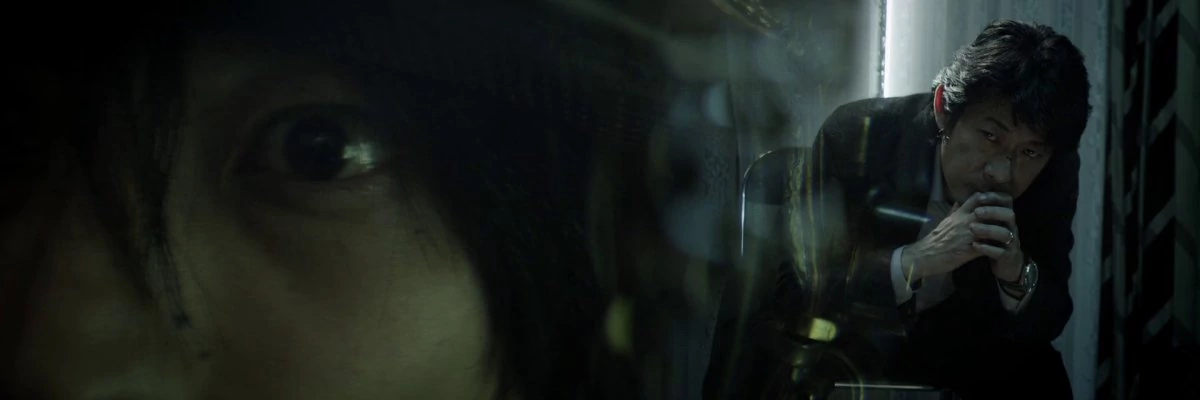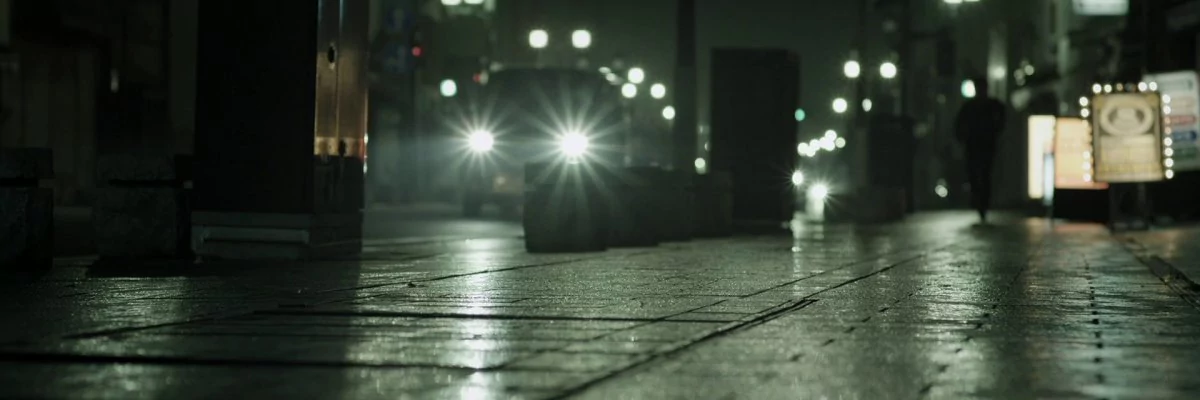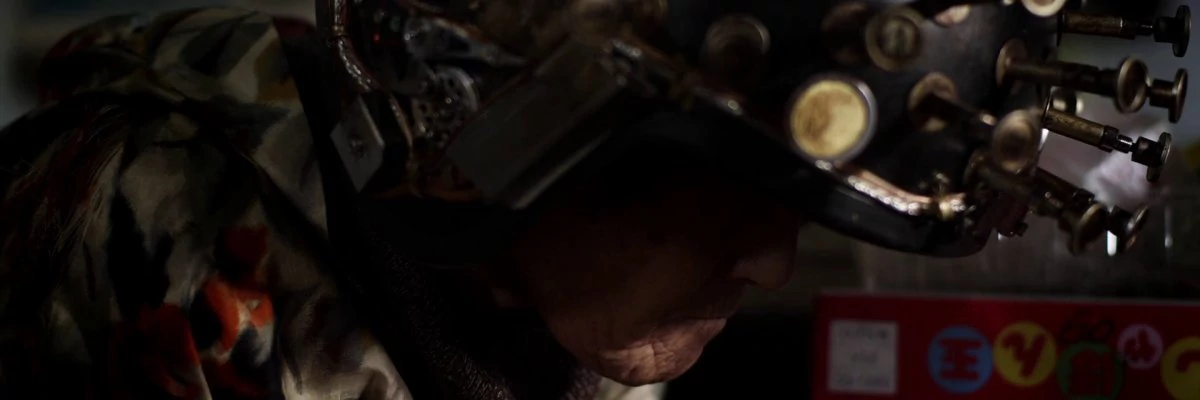Happiness

Happiness is one of Hiroyuki Tanaka's more recent projects that is somehow failing to find proper international distribution. For fans of the director, this is a pretty frustrating situation, as the quality of his recent output doesn't appear to be a primary cause of the problem. Tanaka is still reinventing himself, coming up with intriguing concepts and off-kilter films. That's quite a feat after being more than 25 years in the business. Happiness is a film that deserves to be celebrated, instead it looks like the film will just fade away quietly, the same fate so many others of his projects have suffered.

This isn't a new concern of course, while Tanaka has enjoyed praise in France and Germany from the very beginning of his career and generally does well at genre film festivals, many of his films have been notably missing from English-friendly release slates. It may be his somewhat whimsical approach to narratives, or his tendency to abruptly switch between moods and genres. Or maybe it's just his seeming unwillingness to stick to a single directorial style. Whatever the case, these are all things that attract me to his work and help to set him apart from other directors.
Even as a big fan of Tanaka, Happiness came as somewhat of a surprise to me. The title is deceptive, so is the first third of the film. This is definitely not one of Tanaka's lighter features, nor one of his more whimsical ones. Though it does sport some fantastical elements and does leave you guessing for most of the first half, the second part of the film reveals a pretty grim and dark plot that overshadows its genre roots and propels it into more grueling drama territory. In that sense, it resembles Tanaka's Dead Run quite a bit, only the execution is better here.
The plot follows a rather mysterious man who arrives in a small rural town. The only baggage he carries with him is a little trunk. When he walks through the village, he notices that people are unhappy and demoralized, which makes this town perfect for trying out the invention he carries with him. A helmet that makes people remember their happiest memory, revitalizing their will to make something of their lives. The mayor is delighted with the inventor's visit and plans a session for all the people living in his town, what he doesn't realize is that there's also a darker application of the man's invention.

Visually, Tanaka goes for stark framing and muted colors, foreshadowing the less than elated second half of the film. With Miss Zombie, he has already proven himself a director who could make good on a dark and uncomfortable atmosphere, the approach taken in Happiness lies closer to traditional arthouse aesthetics, but broadly chases the same effect. Menacing close-ups, dreary colors and industrial designs make it clear there's a brooding darkness hidden underneath a thin layer of veneer, once the cat is out of the bag more dynamic and unflinching camera work highlight the film's true nature. Tanaka is a man who has immaculate control over the atmosphere in his films, Happiness is just more proof of that.
The soundtrack is subtle, pretty minimalistic and surprisingly restrained for a Tanaka film. The first half has almost no added music and leans on ambient sounds. The second half, with a bit more reveals and clearer emotional goals, features a slightly more expanded soundtrack. Though the music itself it never too much at the forefront, the sullen drones and melancholic vibes do add a lot to the film's atmosphere, which makes the impact that much stronger. While I usually love a good, outspoken soundtrack, Tanaka knows perfectly well what musical accompaniment a film needs, and he was smart to keep it restrained.
The cast is mostly made up of lesser known actors. They do a perfectly serviceable job, but none of them leave a strong impression. In part, that's also due to Masatoshi Nagase's indelible performance. Nagase is a true powerhouse and together with Tadanobu Asano he's one of the absolute standouts of Japanese cinema, even though he might be slightly less known to international audiences. His performance here is once again stellar, accomplishing a lot with a character that is prone to hiding his true feelings and is sporting indifferent expressions for most of the film's runtime.

The start of Happiness could be a little confusing, especially when you're expecting a film with a clear direction and/or goal in mind. The beauty of Tanaka's films is that he can switch between moods almost effortlessly, so when the film starts showing its true colors, it doesn't require much time to adapt, instead, it feels like all the puzzle pieces are starting to fit together. Tanaka keeps you guessing for most of the middle part, but the film does come with a clear conclusion, so if you don't like open endings you shouldn't worry too much if the beginning leaves you a little bewildered.
The nice thing about Hiroyuki Tanaka is that he sports a rich and varied oeuvre, where films often feel remarkably different from each other, though all of them have his typical signature hiding underneath. There are no clear pathways into his oeuvre, at the same time there is probably something for every type of film fan there. Happiness is another one of his many quality productions. It's a unique film that thrives on mood, appears polished all the way through, and offers familiar themes in a novel and often surprising genre package. The only downside is that it's difficult to share the love for Tanaka's work with others, as his films are so hard to come by.